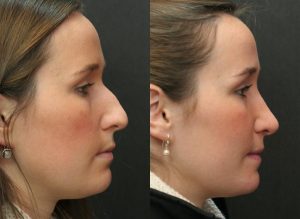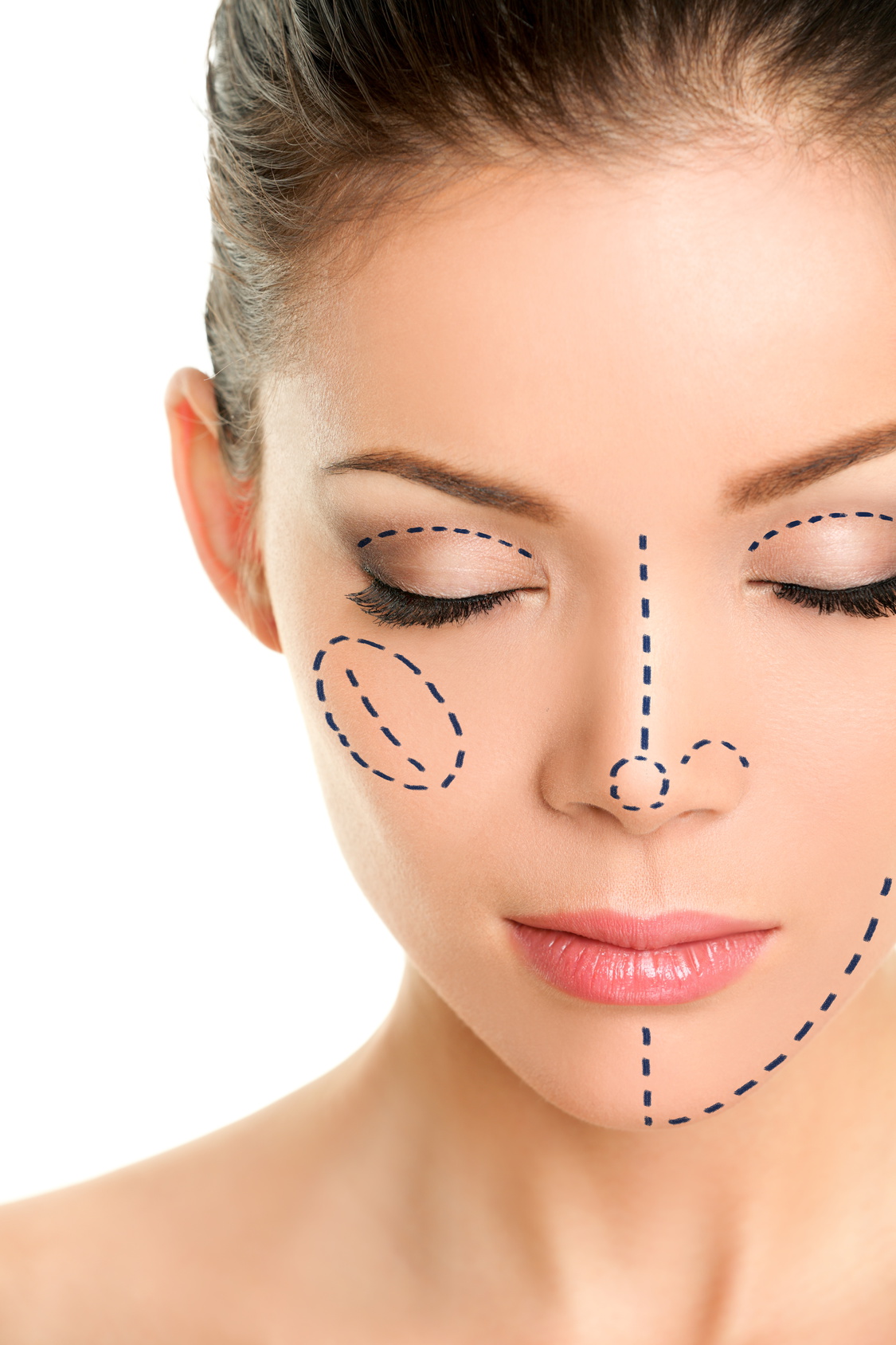Wheatsheaf old glossop | Cosmetic Surgery, Health and Beauty, Lifestyle
If you are interested in getting rhinoplasty but are unsure of what to expect, this article will tell you everything you need to know before undergoing rhinoplasty in Glasgow.

Plan to Take Time Off
It is recommended to take a minimum of 7-10 days off work post-op. How people are affected after rhinoplasty surgery will vary depending on the person. One of the best ways to help reduce bruising and swelling is if you avoid aspirin and all non-steroid anti-inflammatories (such as fish oil) for at least 10-14 day prior to the operation.
Plan for Bruising and Swelling
The amount of bruising and swelling each individual gets is different. The best ways to limit the amount of swelling and bruising that you experience is to;
- Keep your head elevated
- Minimise activity
- Don’t let your heart rate rise above 100bpm for the first 10 days
- Apply cold compresses to your eyes
Most of the bruising and swelling will occur in the first 3-5 days, will bruising and swelling usually subsiding within about 7-10 days – this is why it is recommended to take 7-10 days off.
Homoeopathic options, such as arnica, will help speed up the recovery process.

Glasses and Contacts
It is extremely important to keep your head elevated and keep pressure off the nose after undergoing rhinoplasty. If you normally wear glasses, you should wait 3-4 weeks (with the recommendation of your doctor) before you start wearing them again. So you may need to take this into consideration. Contact lenses on the other hand, can usually be worn after 2-3 days.
You May Not Get Immediate Results
Rhinoplasty is a great for both aesthetical and medical uses, but it is not a quick fix. Most significant swelling will fade within 10-14 days, with most of the residual swelling disappearing in 4-6 weeks. However, it may take as long as 12-15 months for all of the residual swelling to go away (especially at the tip of the nose.)
Due to the way that that the swelling disappears sometimes, it can cause patients noses to appear asymmetrical. This is a worry for many patients but is completely normal and not necessarily something to worry about.
If you have chosen a reliable and reputable plastic surgeon to perform your rhinoplasty in Glasgow, then you most likely have nothing to worry about.

Don’t Exercise for 3-4 Weeks
As mentioned before, you should not get your heart rate above 100bpm for the first 10 days. But, it is important that you don’t exercise for 3-4 weeks’ post-surgery. Especially if the surgery was performed on the nasal or septum. This is because an increased heart rate has the potential to worsen bruising and swelling, as well as giving the patient an increased risk of bleeding. You may be especially at risk if you have had rhinoplasty in the past, or the reason for your surgery was nasal airway obstruction.

